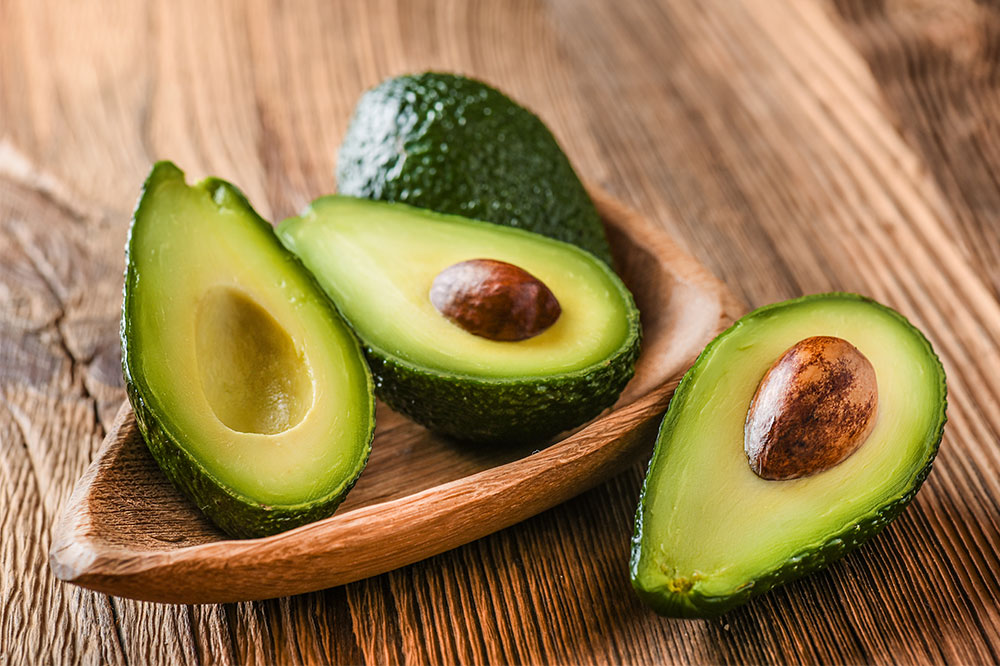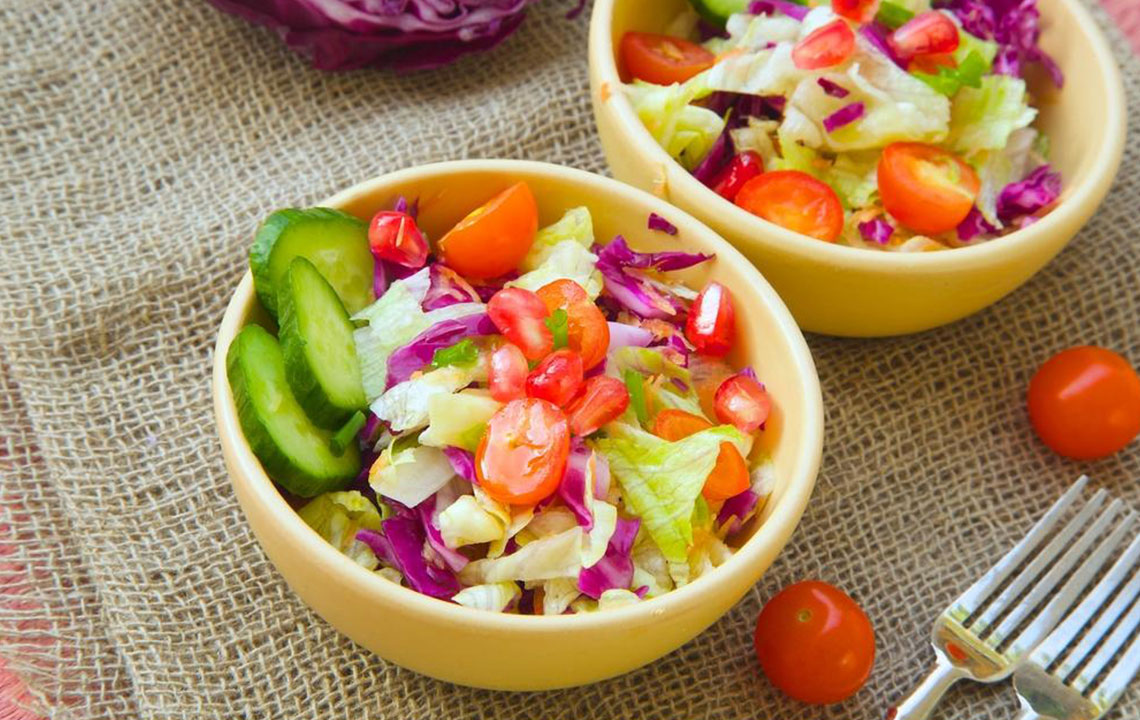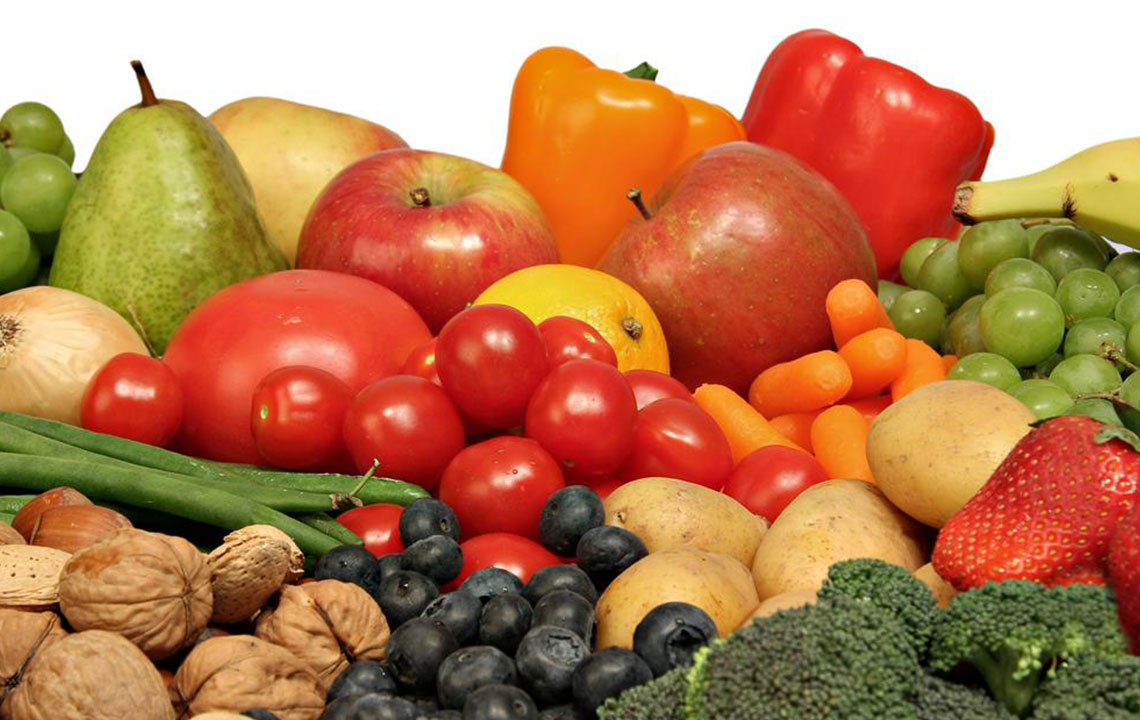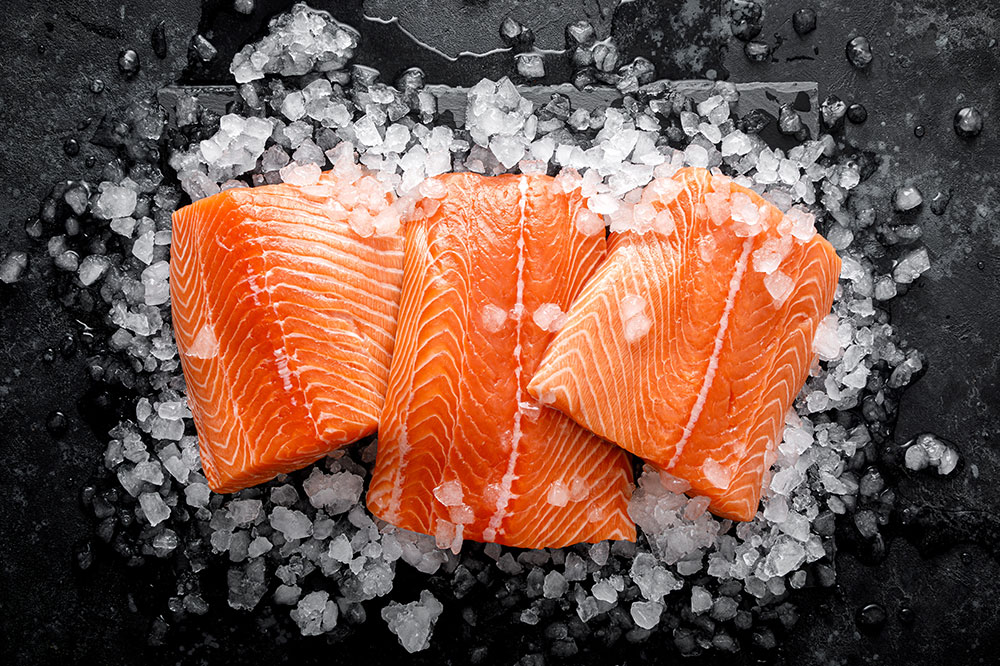Top Nutritional Strategies for Reducing Inflammation Naturally
Discover effective dietary strategies to combat inflammation naturally. This guide highlights essential nutrients and foods, like antioxidants, omega-3s, and fiber, that help reduce inflammation. Learn which foods to prioritize, such as vegetables, fruits, and healthy fats, and the ones to avoid, including trans fats and excess sugar. Incorporate these nutritional tips along with lifestyle changes to manage inflammation proactively and support overall health.
Sponsored

Essential Nutritional Sources for Combating Inflammation
Chronic inflammation is linked to numerous health issues and can cause pain, swelling, redness, and functional decline. It can arise from injuries, infections, or biological factors like immune responses, stress, and exposure to toxins or chemicals. Managing inflammation involves lifestyle adjustments, home remedies, and adopting an anti-inflammatory diet. Knowing which foods to include and avoid is crucial. An effective diet emphasizes antioxidants, minerals, and healthy fats, particularly omega-3s, combined with a balanced intake of vegetables, fruits, and lean proteins.
Below are key foods to incorporate for optimal anti-inflammatory benefits:
High-fiber foods
Fiber supports digestion and reduces inflammation through phytonutrients found in whole grains such as oats, barley, vegetables like onions, eggplant, okra, and fruits like bananas and blueberries.
Avoid trans fats
Trans fats, prevalent in processed and canned foods, elevate c-reactive proteins that promote inflammation. Switching to homemade meals helps control fat and cholesterol levels.
Reduce sugar consumption
Excess sugars and artificial sweeteners increase insulin resistance and inflammation. Limiting foods with high fructose corn syrup is recommended to prevent related health issues like diabetes and high blood pressure.
Eat antioxidant-rich foods
Alliums such as garlic, scallions, onions, and leeks, along with cruciferous vegetables like broccoli, cabbage, cauliflower, and Brussels sprouts, help neutralize inflammation due to their antioxidant content.
Control calorie intake
Maintaining a balanced diet with moderate red meat consumption helps reduce saturated fats, minimizing heart disease risk and supporting healthy weight management.
Use extra virgin olive oil
Incorporating extra virgin olive oil in cooking supplies anti-inflammatory compounds, making it a healthier alternative to processed vegetable oils.
Include omega-3 fatty acids
Foods like flaxseeds, walnuts, beans, and fatty fish such as salmon, mackerel, sardines, and trout provide omega-3s that fight inflammation and improve overall health.
Ginger and turmeric
Ginger enhances immune function and reduces inflammation, while turmeric contains potent anti-inflammatory compounds often used in medicinal formulations.
Alongside diet modifications, lifestyle factors like mindful cooking methods and stress management are key. Consult healthcare professionals for personalized guidance on anti-inflammatory eating habits.






